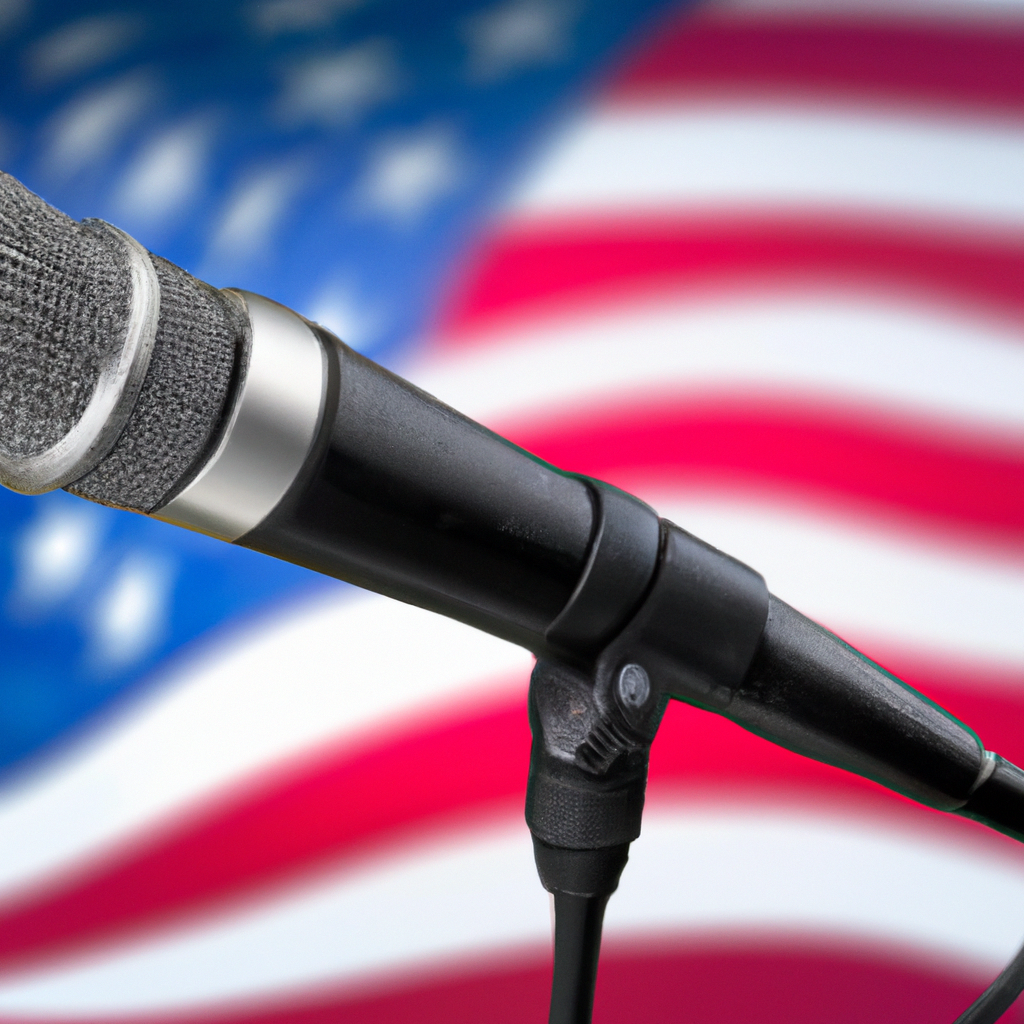Just days before his face-to-face debate with President Joe Biden in June, Donald Trump sat down with Bloomberg Businessweek. The former president shared his views on various topics, from green energy and Diet Coke to foreign policy and his tax plan. He also suggested JPMorgan Chase CEO Jamie Dimon as a potential Treasury Secretary.
Trump’s opposition to green energy remains strong. He has long criticized wind energy and windmills, reiterating his stance during the interview. “We have more of the real energy, the energy that works,” Trump told Bloomberg. “Wind does not work.” He has vowed to scrap offshore wind projects on “day one” and has claimed that windmills cause health and environmental issues.
According to Trump, wind energy is “unbelievably expensive” and heavily reliant on government subsidies. In 2022, wind and solar energy projects received 94% of the $15.6 billion in federal renewable electricity-related subsidies, according to the Energy Information Administration. The cost of a megawatt-hour from offshore wind in the U.S. was $143 in 2023, compared to $48 for onshore wind, BloombergNEF reported. Solar energy costs were $59 per megawatt-hour, lower than the $101 for coal but higher than the $45 for natural gas.
However, Trump expressed no objection to electric vehicles, praising Tesla’s Elon Musk, who recently endorsed him. In contrast, Trump has previously claimed that electric cars will harm the U.S. auto industry, and his running mate, Ohio Senator J.D. Vance, has called the EV movement a “scam.”
Trump also discussed his economic strategy, emphasizing the need to lower the corporate tax rate to 15%. He mentioned this during a June meeting with business leaders, although he acknowledged that achieving a 15% rate might be difficult. Trump’s 2017 Tax Cuts and Jobs Act lowered the federal corporate income tax rate from 35% to 21%. The legislation allowed numerous companies to pay significantly reduced effective tax rates.
During the interview, Trump reiterated claims that his tax cuts had incentivized companies like Apple to reinvest in the U.S. Parts of the TCJA are set to expire in 2025, but Trump has promised to make the tax cuts permanent and reduce business regulations if re-elected. “We have to bring business back to our country,” he said.
On foreign policy, Trump discussed his relationships with leaders from Russia, China, and Saudi Arabia, while also addressing Taiwan. Although he respects Taiwan, Trump believes it should compensate the U.S. for defense, likening the U.S. to an insurance company. Meanwhile, his running mate Vance identified China as the “biggest threat” to the U.S. Vance also mentioned that the U.S. cannot simultaneously support multiple international conflicts.
Trump criticized the U.S. for allowing Taiwan to dominate the semiconductor industry. Taiwan holds 92% of the world’s semiconductor manufacturing capacity, thanks to Taiwan Semiconductor Manufacturing Company (TSMC). TSMC’s stock fell more than 5% in pre-market trading following Trump’s remarks. The company, a significant supplier to firms like Nvidia and Apple, received $6.6 billion to establish its first major U.S. chipmaking hub in Arizona. Trump also disapproved of the Biden administration’s allocation of federal funds to foreign chipmakers through the CHIPS and Science Act.
